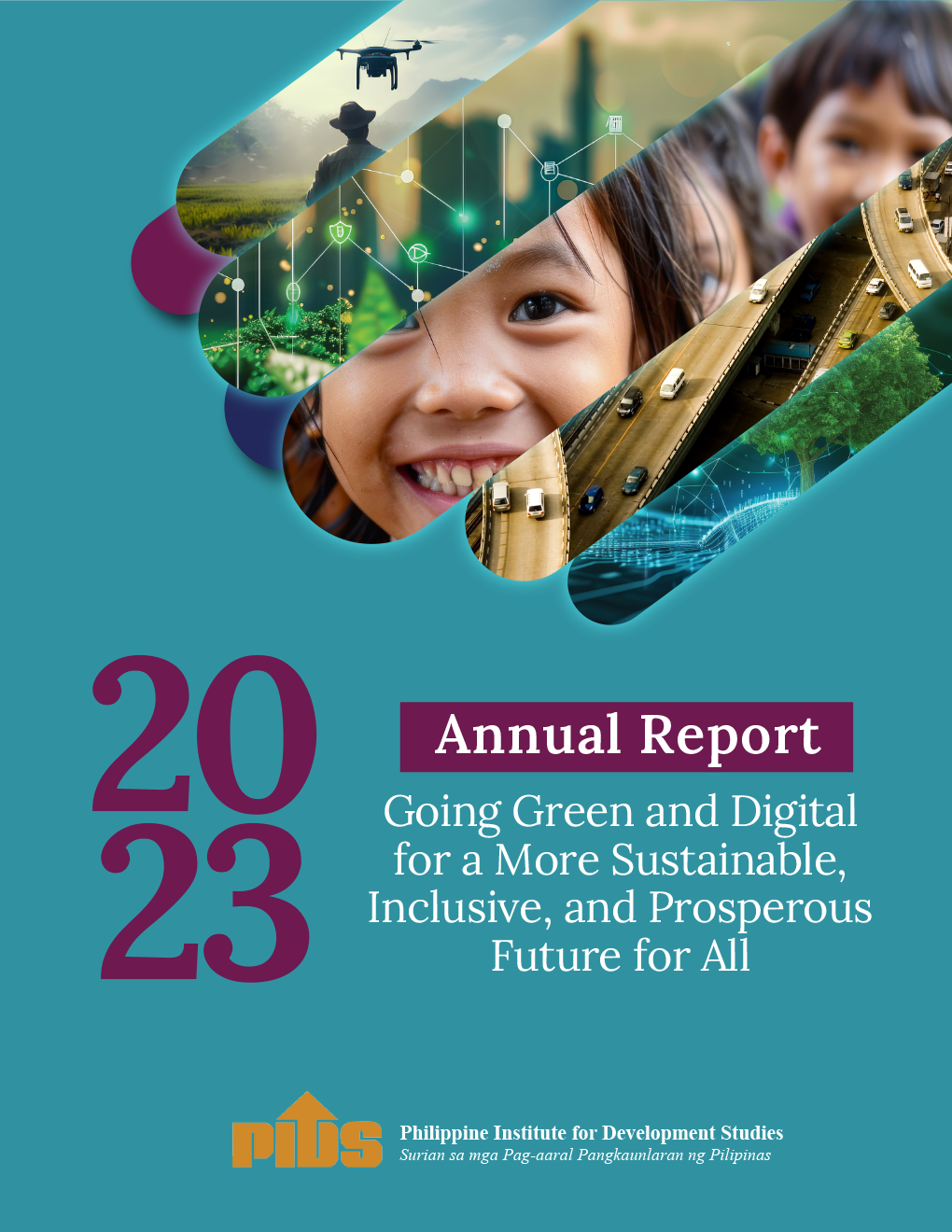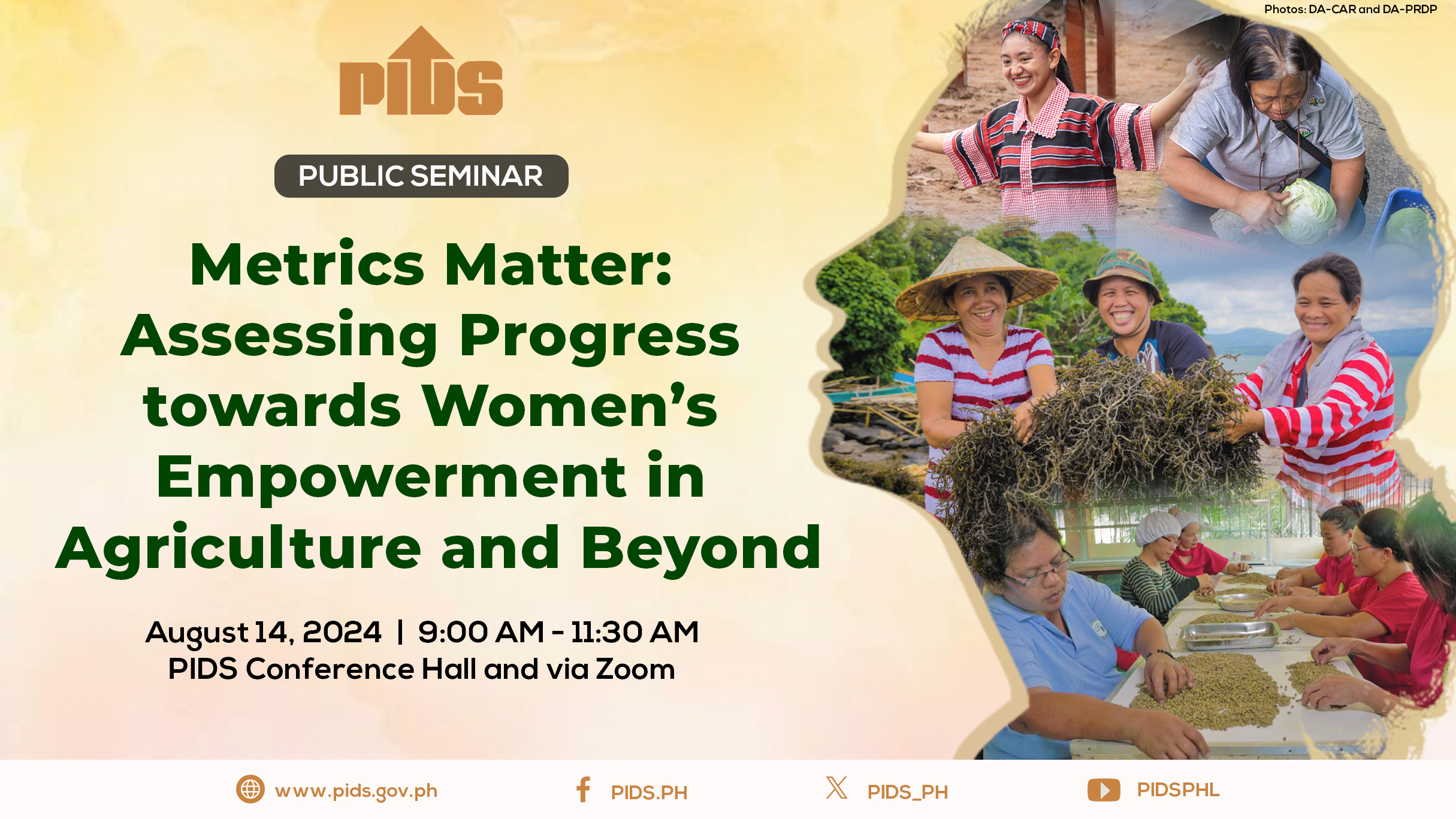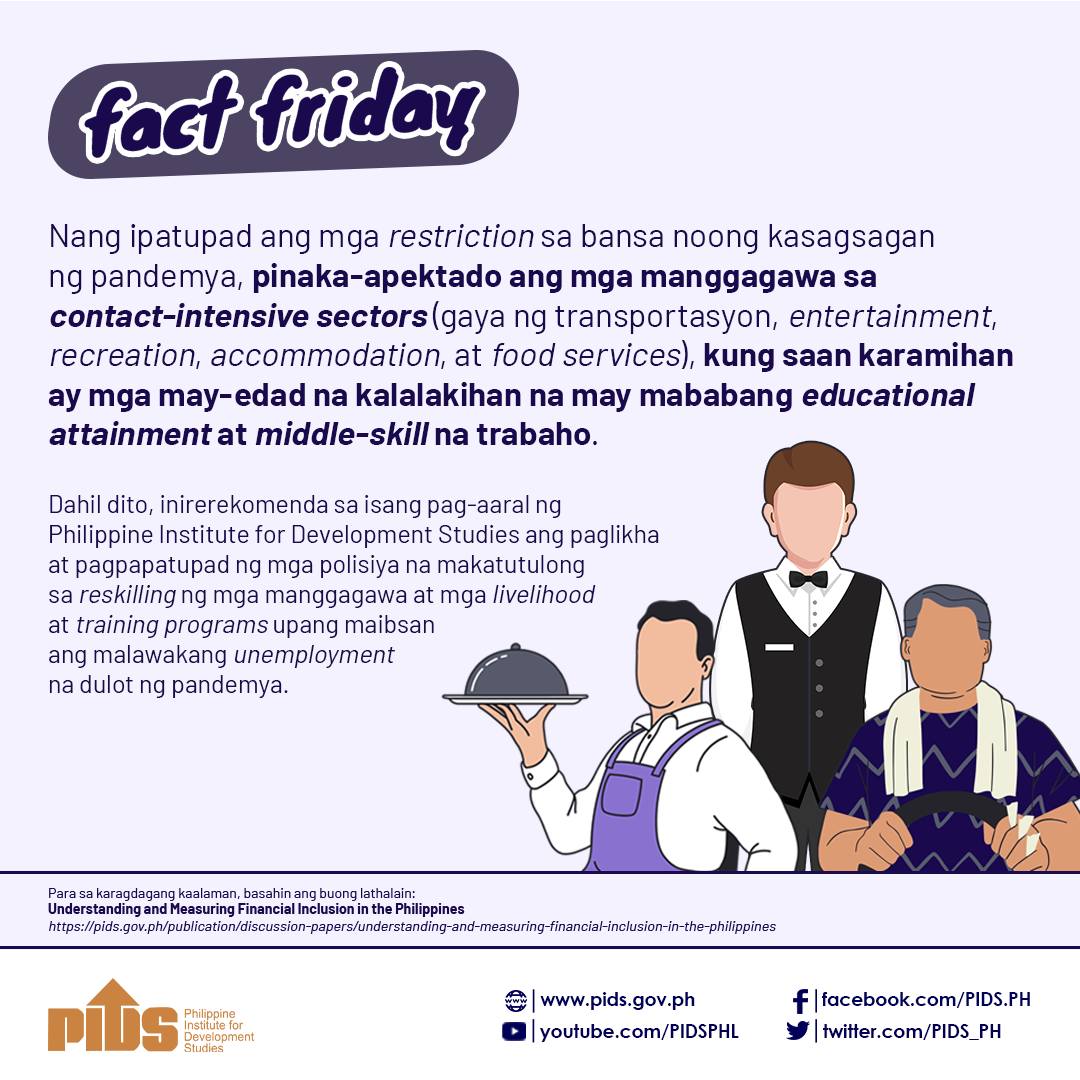MANILA, Philippines – More than half of women in 5 countries, including the Philippines, say they have had to do more household work because of the coronavirus pandemic.
This was one finding of a study by Oxfam, an international confederation of charity organizations, which surveys women from the Philippines, Kenya, the United States, the United Kingdom, and Canada.
According to the study, over half of women have had to devote more time to household tasks like cooking, cleaning, caring for children, and washing during the pandemic compared to before.
Meanwhile, almost half or 43% of the women respondents said they feel "more anxious, depressed, isolated, overworked, or ill" from having to take on more unpaid household work, according to a press release from Oxfam Philippines.
In the Philippines, it's taking a toll on men and their paid work too. Seventeen percent of Filipino men and women surveyed reported being unable to do their paid work while 22% said they have been unable to look for paid work.
While men are also affected, it's the women who shoulder most of the household chores. In the Philippines, 84% of women said they accomplish a majority of such tasks.
"The disproportionate unpaid care work burdens that women face are driven by unwritten rules or shared beliefs about the ‘traditional’ role of women," said Oxfam Pilipinas Country Director Lot Felizco.
Undervalued work by women. The monetary value of the unpaid domestic work done by women amounts to a stunning P2 trillion or 20% of the Philippines' gross domestic product, according to a 2019 study by Philippine Institute for Development Studies (PIDS).
Filipinos all over the country have had to stay home to abide by lockdown measures imposed by the government. The situation has highlighted the importance of womens' role in caring for the family and the home, something which has been grossly "undervalued" for so long, said Felizco.
The press statement, released to media a day before Father's Day, said the study serves as a reminder to men in the household to step up.
They can start by devoting "even just 50 minutes more care work per day," said Oxfam Pilipinas Gender Advisor Jeanette Dulawan.
The study is part of COVID-19 Rapid Gender Assessment (RGA), an inter-agency initiative of 21 agencies from the United Nations, international non-government organizations and civil society organizations, including Oxfam Philippines.
This was one finding of a study by Oxfam, an international confederation of charity organizations, which surveys women from the Philippines, Kenya, the United States, the United Kingdom, and Canada.
According to the study, over half of women have had to devote more time to household tasks like cooking, cleaning, caring for children, and washing during the pandemic compared to before.
Meanwhile, almost half or 43% of the women respondents said they feel "more anxious, depressed, isolated, overworked, or ill" from having to take on more unpaid household work, according to a press release from Oxfam Philippines.
In the Philippines, it's taking a toll on men and their paid work too. Seventeen percent of Filipino men and women surveyed reported being unable to do their paid work while 22% said they have been unable to look for paid work.
While men are also affected, it's the women who shoulder most of the household chores. In the Philippines, 84% of women said they accomplish a majority of such tasks.
"The disproportionate unpaid care work burdens that women face are driven by unwritten rules or shared beliefs about the ‘traditional’ role of women," said Oxfam Pilipinas Country Director Lot Felizco.
Undervalued work by women. The monetary value of the unpaid domestic work done by women amounts to a stunning P2 trillion or 20% of the Philippines' gross domestic product, according to a 2019 study by Philippine Institute for Development Studies (PIDS).
Filipinos all over the country have had to stay home to abide by lockdown measures imposed by the government. The situation has highlighted the importance of womens' role in caring for the family and the home, something which has been grossly "undervalued" for so long, said Felizco.
The press statement, released to media a day before Father's Day, said the study serves as a reminder to men in the household to step up.
They can start by devoting "even just 50 minutes more care work per day," said Oxfam Pilipinas Gender Advisor Jeanette Dulawan.
The study is part of COVID-19 Rapid Gender Assessment (RGA), an inter-agency initiative of 21 agencies from the United Nations, international non-government organizations and civil society organizations, including Oxfam Philippines.











